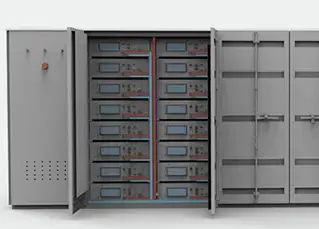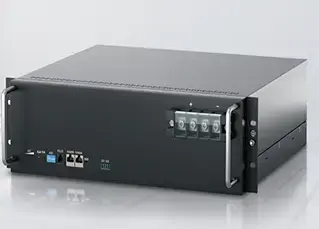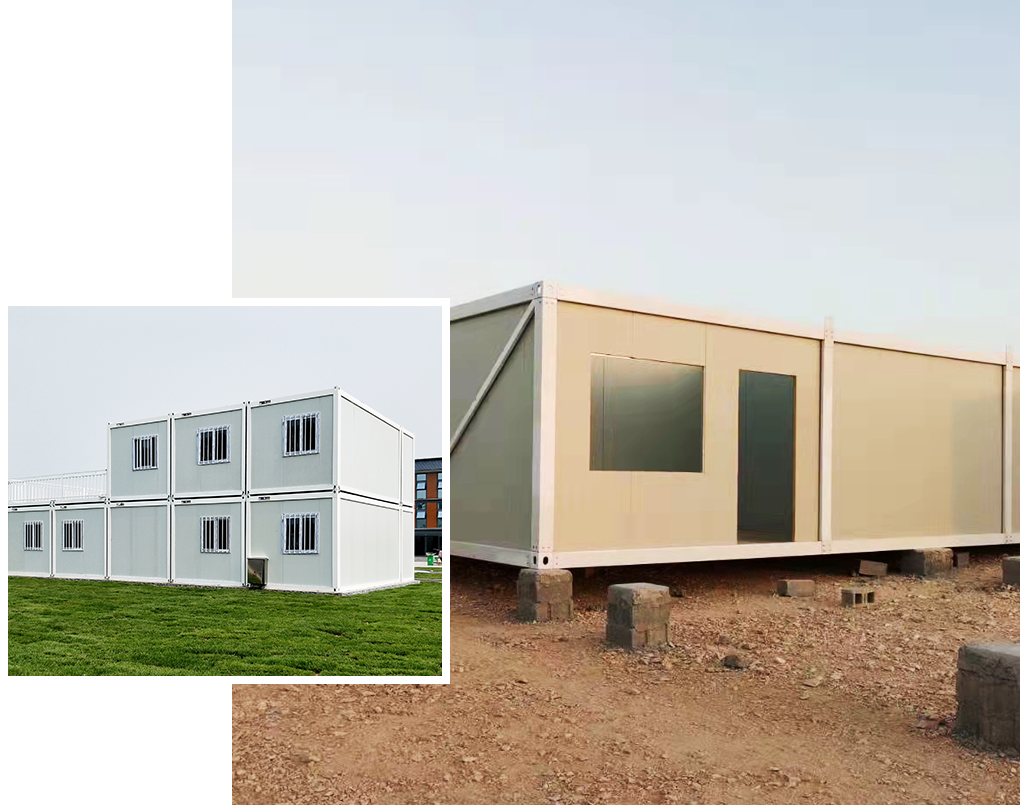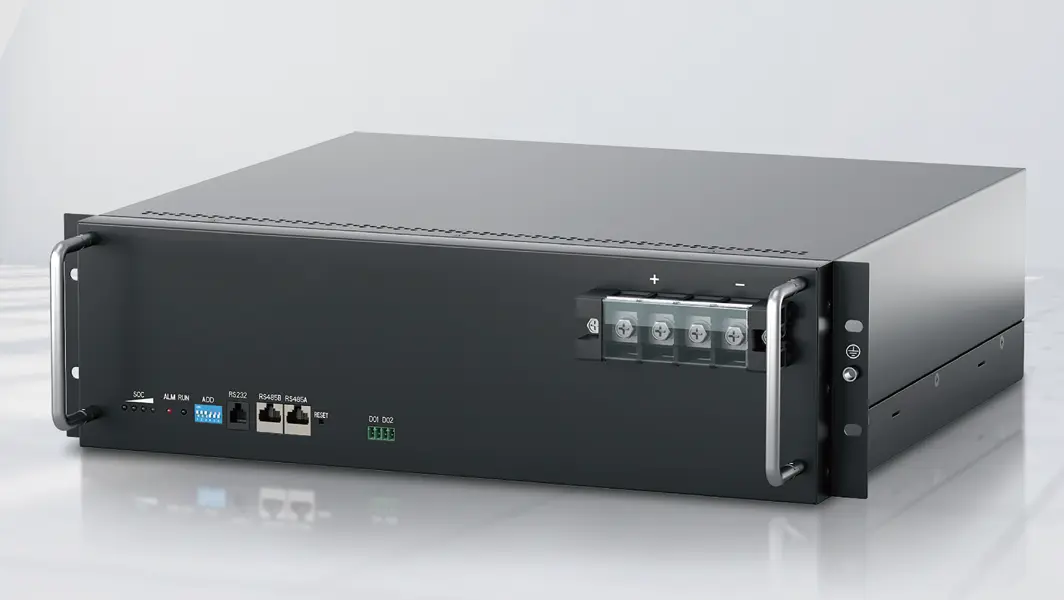How Storage Battery Use is Reshaping Energy Management
In today's fast-paced world, where energy consumption is increasing at an unprecedented rate, the need for efficient energy management has become crucial. This has led to the emergence of storage battery use as a game-changer in the energy industry. From residential to commercial sectors, storage batteries have revolutionized the way we store and utilize energy, ensuring a sustainable and reliable power supply. In this blog, battery energy storage system companies will explore how storage battery use is reshaping energy management and why it is a necessary investment for a sustainable future.
Unleashing the Potential of Renewable Energy
Renewable energy sources, such as solar and wind power, have gained significant traction over the past few years. However, one of the biggest challenges associated with renewable energy is its intermittent nature. The energy generated from these sources is highly dependent on weather conditions, making it unpredictable and difficult to store. This is where storage battery use comes into play.
By utilizing storage batteries, excess energy generated during peak production hours can be stored and used during periods of low generation. This ensures a consistent power supply, irrespective of weather conditions, maximizing the utilization of renewable energy. Not only does this reduce our dependence on traditional fossil fuel-based power plants, but it also contributes towards a cleaner and greener environment.
Empowering Individuals and Businesses
The use for energy storage is no longer limited to utility-scale projects; it has become more accessible to individuals and businesses alike. Residential storage batteries allow homeowners to store excess energy generated from their solar panels for use during the night or days with low sunlight. This not only reduces reliance on the grid but also lowers energy bills, making it a cost-effective investment in the long run.
For businesses, commercial energy storage batteries offer energy independence and stability. They can store electricity during off-peak hours when rates are lower and use it during peak hours, avoiding costly demand charges. Additionally, during power outages or grid failures, businesses with storage batteries can continue their operations, ensuring minimal disruption and potential financial losses.
Paving the Way for a Resilient Energy Infrastructure
The use for energy storage is not just beneficial at an individual or local level; it plays a vital role in building a robust and resilient energy infrastructure. By storing excess energy during times of low demand and utilizing it during peak hours, storage batteries for home solar storage alleviate stress on the grid. This reduces the likelihood of grid failures and blackouts, ensuring a reliable and uninterrupted power supply.
Furthermore, storage batteries provide an effective solution for energy storage in remote areas or regions with inadequate grid infrastructure. Instead of extensive and costly grid expansion projects, storage batteries can be installed to store energy locally and cater to the needs of communities or facilities in isolated regions. This promotes decentralization in energy production, making energy accessible to all.
As the demand for energy continues to rise, finding sustainable and reliable solutions becomes imperative. The use for energy storage is reshaping energy management by unlocking the potential of renewable energy, empowering individuals and businesses, and building a resilient energy infrastructure. Its flexibility, cost-effectiveness, and positive environmental impact make it a necessary investment for a sustainable future. Embracing storage battery technology will not only drive us towards a cleaner and greener world but also ensure uninterrupted access to power for generations to come.





 EN
EN
 fr
fr  de
de  es
es 


